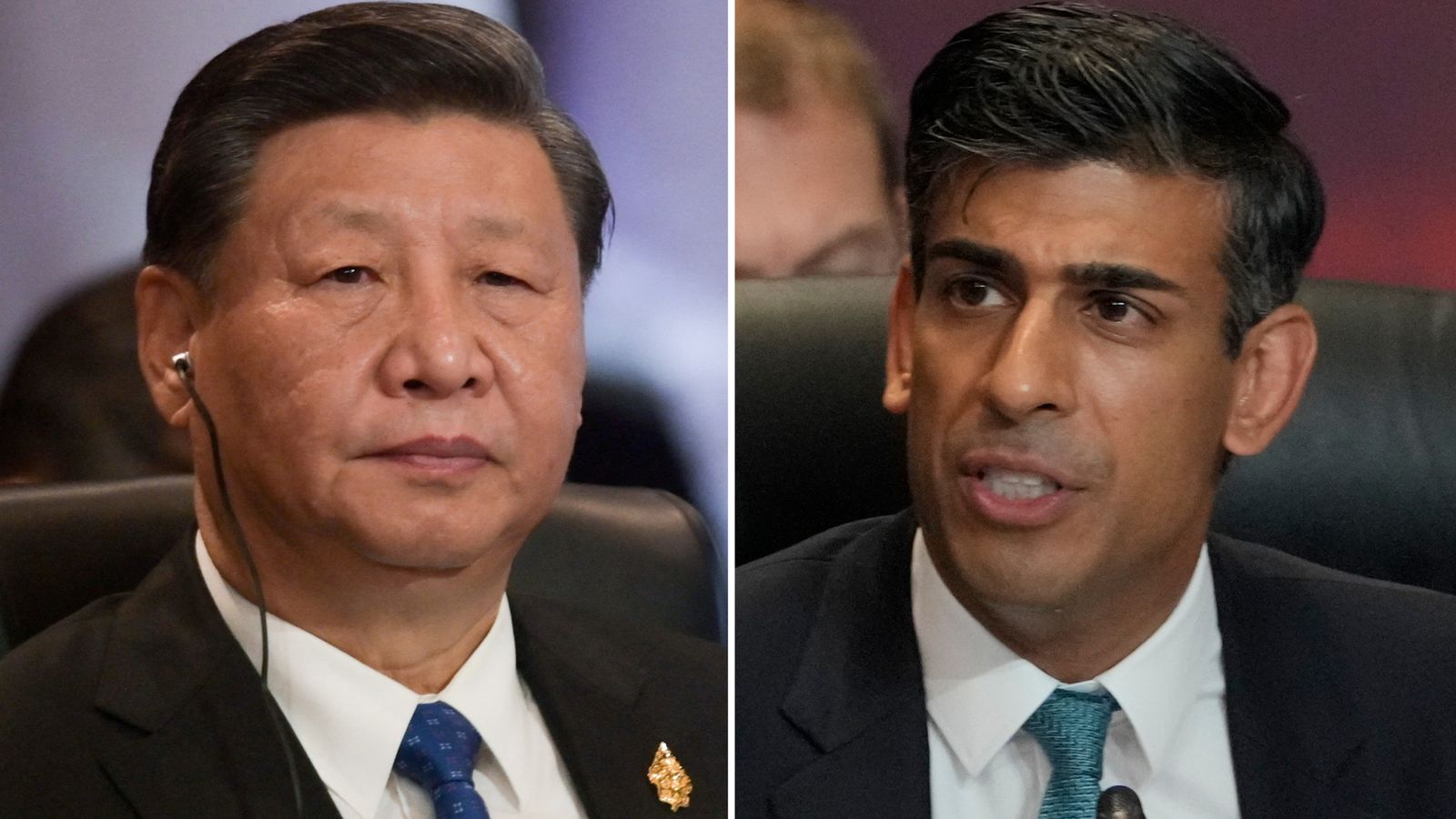In Vietnam, banks are shunning coal; enabling the nation to shine brightly as a solar champion. A cantaloupe farmer noticed the sun shining on his four-hectare farm and it dawned on him that he can do so much more than just growing his crops. The idea was to install 40 solar panels on greenhouses at his farm, located 55 miles outside of Ho Chi Minh City. Due to generous subsidies from the national utility, the farmer, Nguyen Tuan, was able to cut his power bill as well as earn a monthly check for selling excess electricity to the nation’s grid (about 2 million dong, or $87, a month).
Tuan’s farm is a small part of a larger whole. Vietnam has seen a 100-fold increase in solar power over the last two years and now ranks seventh in the world in terms of total installed capacity, BloombergNEF noted. In 2020, the only countries that installed more solar than Vietnam were the U.S. and China!
Mining.com noted that the solar surge was a result of global technological and economic forces rather than a strong commitment to cut carbon pollution. Vietnam isn’t even on the list of countries with a net-zero target in the decades ahead. However, foreign banks are limiting funding to fossil fuels projects in Vietnam. This means that Vietnamese utilities have been struggling to get loans for new coal plants. In addition, the increasingly low prices of solar panels have created a cheap and convenient alternative. What’s more is that many of these solar panels are assembled domestically.
Logan Knox, chief executive of Vietnam operations of UPC Renewables, pointed out how unbelievable this is.“I have never seen a country explode like this in solar,” he said. “It’s almost unbelievable. UPC Renewables builds and operates wind and solar farms all across Asia. This same shift to clean energy needs to happen in more developing countries if emissions globally are to be zeroed out by the middle of the century. Vietnam is a token of encouragement that global efforts are discouraging the use of fossil fuels while boosting the accessibility of clean alternatives.
Caroline Chua, a BNEF analyst, shared her thoughts as well. “What Vietnam’s solar boom shows is how much capacity you can build in a short period of time,” said Chua. The article worried a bit that Vietnam may have been too successful. New projects are coming in so fast that incentives to spur adoption are having to be paused or slowed down to slow down the adoption. Although this will cut the volume of installations this year, the rate will still be much higher than those in recent years, according to BloombergNEF data.
A few years ago, the Vietnamese government turned to solar as a growing number of power shortages threatened to drain its economy. Vietnam has seen years of rapid economic growth, which led to surging electricity demand from factories built by tech giants such as Apple and Samsung. There was a plan to meet this demand with a fleet of coal power plants, but it fell behind schedule due to the pushback from local leaders who were concerned about air quality. Global banks played a major part in this, too, by stopping the lending for anything related to coal.
This made the government take notice of the fact that coal was simply not reliable anymore. Thu Vu, a Hanoi-based analyst with the Institute for Energy Economics & Financial Analysis, pointed this out. “The government was in favor of coal for a long time, but they’ve realized it’s not reliable anymore,” said Vu. “At the same time, Vietnam’s economy continued to grow very fast, so they had to explore other options, so they pivoted to renewables.”
The article noted that for Tuan and his farm, the decision to add solar panels was not just profitable, but good marketing. He sells around six tons of melons a month. Each of his melons has a sticker that shows an image of the sun shining on the hills and a greenhouse. He explained what this meant.
“I am able to show my clients that our farm is a clean farm that uses clean-planting technology and clean energy as well,” he said. Does that help business? Well, it certainly doesn’t hurt it. And it’s just a reminder to Tuan how his farm and life have changed thanks to cheap solar power.


